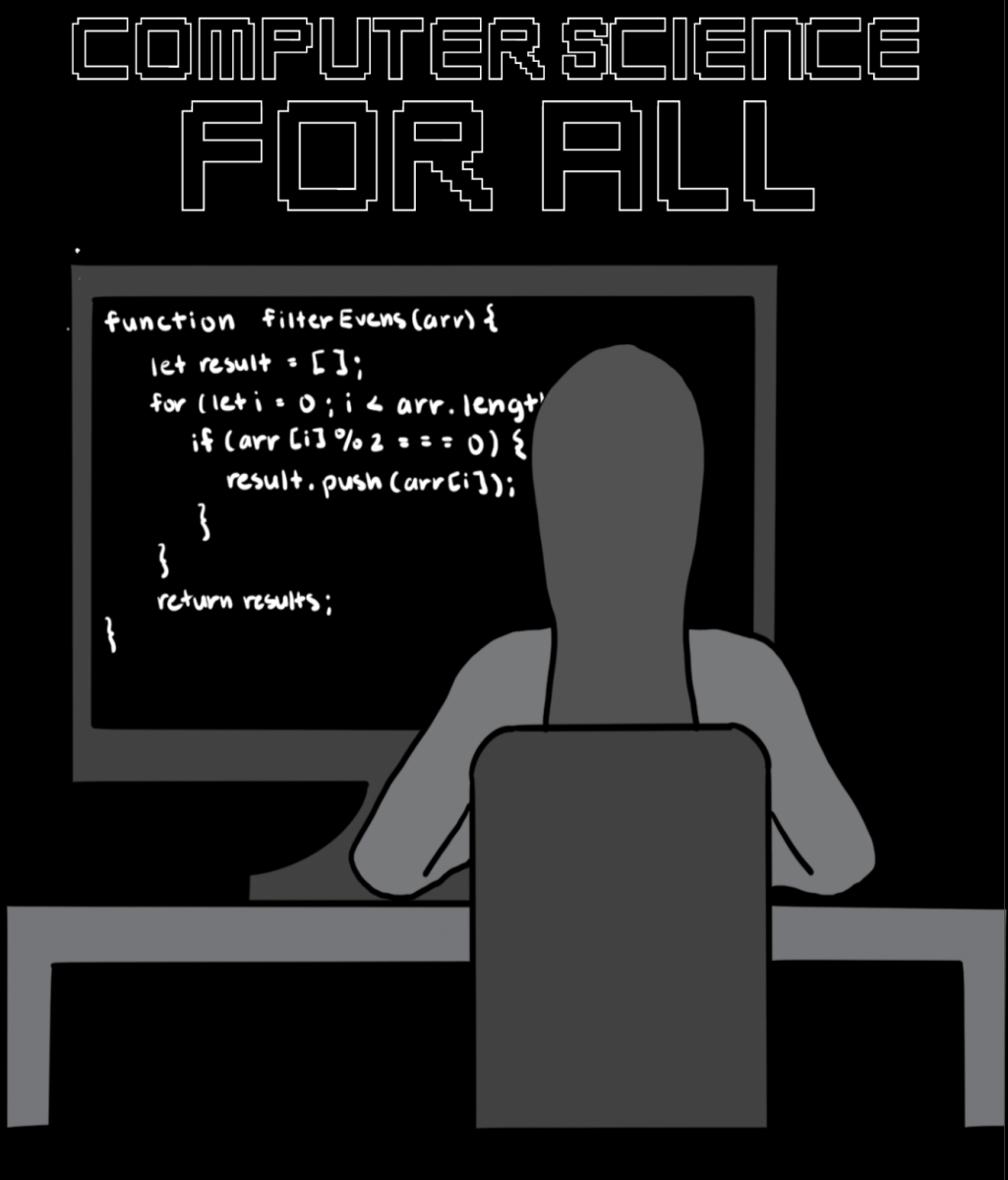From Steve Jobs’ to Mark Zuckerberg’s Facebook to Larry Page and Sergey Brin’s Google, many of the world’s technological hallmarks were invented in California. Silicon Valley in particular is recognized worldwide as a hub for high-tech innovation.
But even though some of the world’s greatest tech companies are situated in the Bay Area, there is one area California lags behind in: computer science education.
Twenty-seven states require public schools to offer computer science classes, while five require each student to take a computer science class to graduate. California is one of the 23 states that do not require public schools to offer a computer science class.
California State Assemblymember Marc Berman is determined to change that.
In a Feb. 6 press conference, Berman proposed a bill that would result in computer science requirements among all California school districts. If the bill is approved, by the 2026-27 school year, all schools will be required to offer a computer science class, with computer science becoming a graduation requirement by the 2030-31 school year.
Palo Alto High School computer science teacher Roxanne Lanzot says the bill will positively impact many schools.
“Given that the technology we currently have and are currently developing is changing the world in such a fast, radical way, it’s really important that all people have the opportunity to get educated about it,” Lanzot said.
Mountain View High School math and computer science teacher Brent Smith said he believes that, even with AI’s rapid development, it is always beneficial to know the basics of computer science.
“Just because AI can generate code doesn’t mean that code will be perfect,” Smith said. “Having each California student have a baseline understanding of computer science, algorithms and code is a positive move in my opinion, and would lead to a better-informed, better-prepared student population in the future.”

For Smith, the benefits of computer science classes extend beyond simply knowing how to code.
He said he believes that it is the learning habits the subject instills within students that are the most important.
“I would say that learning how to think like a computer scientist — to be able to break a problem down into its parts, and create a logical step-by-step argument to accomplish a task — will be a very important skill moving forward,” Smith said.
The bill isn’t without its critics, however.
Paly sophomore Audrey Li said she believes mandatory computer science classes will clog up the schedules of high schoolers, keeping them from attending other classes they may be interested in.
“I’m already struggling to fit everything that I want to do into my schedule, so making it a requirement, especially if people already know how to program is just unnecessary,” Li said.
Li also notes that financially challenged students are at a disadvantage in computer science classes, given the course’s reliance on technology.
“I think [Berman’s proposed initiative] definitely is unfair to the people who don’t have access to similar resources. It puts them at a disadvantage and sets them up for failure.” Li said.
Although people have different opinions on this bill, one thing remains certain — if passed, it will have a large impact on this generation, and the constantly evolving technological world.



